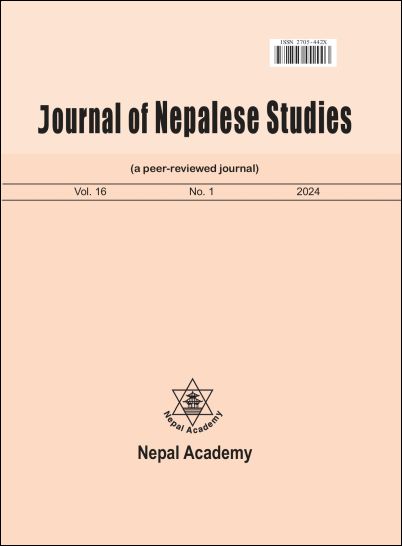Women’s Subjectivity in Mithila Painting
DOI:
https://doi.org/10.3126/jns.v16i1.71784Keywords:
Subjectivity, Descriptive and Normative Views, Painting, Painterly, Epistemology, Visual SemioticsAbstract
In this study, the researcher examines Rani Jha's artistic narratives through the lens of women's subjectivity. Jha's depiction of femininity challenges the dominant patriarchal norms. The study explores the symbolism present in Jha's work, shedding light on the descriptive and normative aspects of her artistic practice. The research also addresses the themes of oppression, violence, and trauma experienced by women. The examination of these issues aims to highlight the inequalities and barriers that hinder a harmonious coexistence between men and women, despite both genders being vital creative forces essential for the continuity of the human race. Furthermore, painting plays a significant role in preserving cultural heritage and serves as a platform for women to express their concerns about equality and freedom of movement. Through their artwork, women can convey their lifestyle, societal values, behavioral norms, and everyday experiences.




